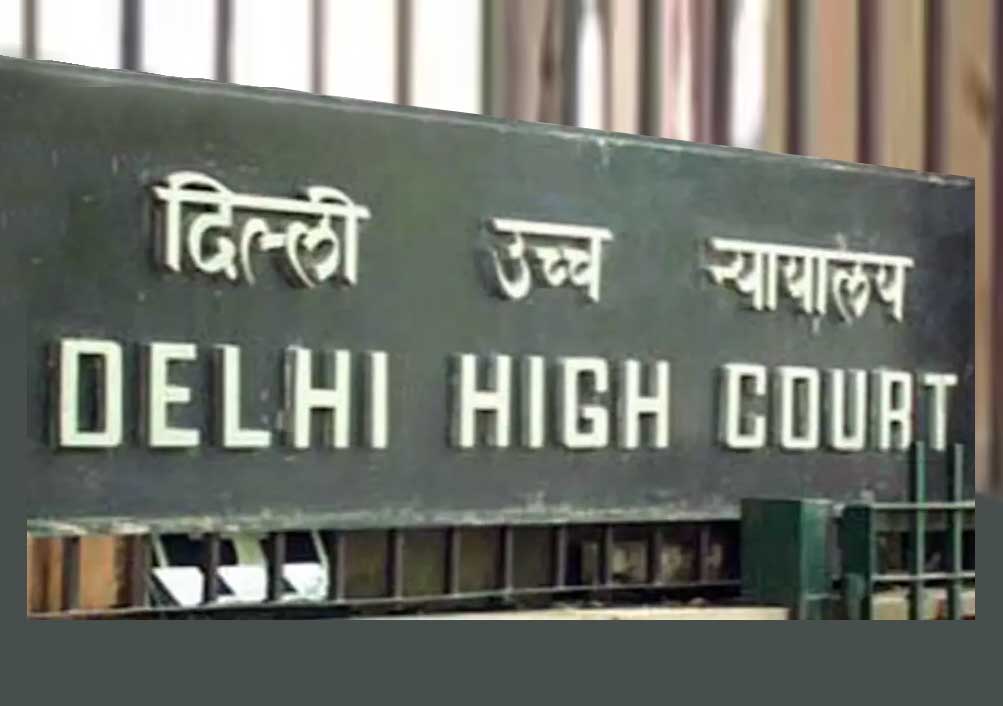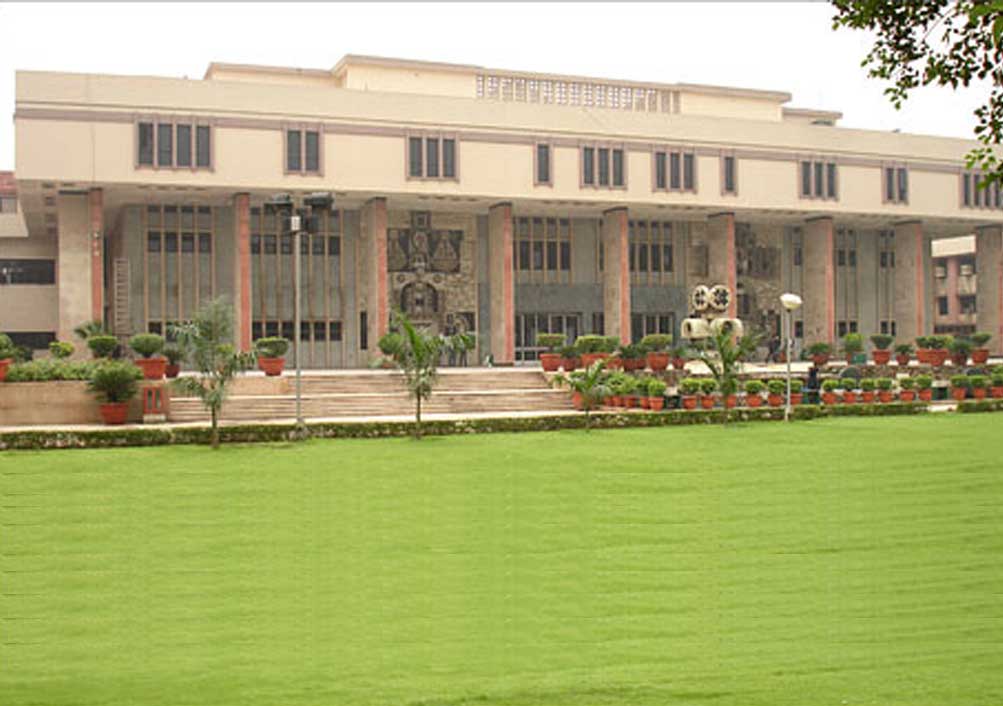If right to speedy trial is violated, bail can be granted in UAPA cases: Supreme Court

New Delhi, February 2: Restrictions against grant of bail in a stringent law such as The Unlawful Activities (Prevention) Act, 1967 “per-se does not oust the ability of constitutional courts to grant bail on grounds of violation of a fundamental right like the right to speedy trial,” the Supreme Court ruled on Monday while upholding the bail granted to an accused who had been in jail since April 2015 in the infamous Kerala professor palm chopping case.
Upholding the July 2019 Kerala High Court order granting bail to K A Najeeb, a bench of Justices N V Ramana, Surya Kant and Aniruddha Bose said that “indeed, both the restrictions under a statute as well as the powers exercisable under Constitutional jurisdiction can be well harmonised” and drew a distinction between its application at the “commencement” of a case and later stages where the trial drags, The Indian Express reported.
“Whereas at commencement of proceedings, courts are expected to appreciate the legislative policy against grant of bail but the rigours of such provisions will melt down where there is no likelihood of trial being completed within a reasonable time and the period of incarceration already undergone has exceeded a substantial part of the prescribed sentence. Such an approach would safeguard against the possibility of provisions like Section 43D (5) of UAPA being used as the sole metric for denial of bail or for wholesale breach of constitutional right to speedy trial,” the bench ruled, dismissing an appeal by the National Investigation Agency against the High Court order.
The Supreme Court said, “We are conscious of the fact that the charges levelled against the respondent are grave and a serious threat to societal harmony. Had it been a case at the threshold, we would have outrightly turned down the respondent’s prayer. However, keeping in mind the length of the period spent by him in custody and the unlikelihood of the trial being completed anytime soon, the High Court appears to have been left with no other option except to grant bail.”
The High Court’s view, it said, also draws support from the apex court decisions “laying down that gross delay in disposal of such cases would justify the invocation of Article 21 of the Constitution and consequential necessity to release the undertrial on bail”, and referred to some such cases.
“Even in the case of special legislation like the Terrorist and Disruptive Activities (Prevention) Act, 1987 or the Narcotic Drugs and Psychotropic Substances Act, 1985, which too have somewhat rigorous conditions for grant of bail, this court… enlarged the accused on bail when they had been in jail for an extended period of time with little possibility of early completion of trial. The constitutionality of harsh conditions for bail in such special enactments, has thus been primarily justified on the touchstone of speedy trials to ensure the protection of innocent civilians,” it said.
It also cited two UAPA cases in which the accused were granted bail as they had been in jail, in the first case for five years with 200 witnesses more to be examined and in the second for four years with 147 witnesses unexamined.
“The fact of the instant case are more egregious than these two above cited instances,” it said, adding that the accused has been in jail for much more than five years, but there are 276 witnesses left to be examined.
The bench also noted that though 13 co-accused had been convicted, none have been given a sentence of more than eight years’ rigorous imprisonment. “It can therefore be legitimately expected that if found guilty, the respondent (accused) too would receive a sentence within the same ballpark. Given that two-third of such incarceration is already complete, it appears that the respondent has already paid heavily for his acts of fleeing from justice,” it said.
The top court also imposed some “additional conditions” and directed that the accused “shall mark his presence every week on Monday at 10 am at the local police station and inform in writing that he is not involved in any other new crime…” and “shall also refrain from participating in any activity which might enrage communal sentiments”.
The case relates to the chopping of the palm of T J Joseph, who was Malayalam professor at the Newman College in Thodupuzha, by Popular Front of India activists allegedly incensed over a question in an exam paper set by him. Though several persons were arrested in connection with the July 4, 2010 incident and tried and sentenced, Najeeb was untraceable and could be arrested only on April 10, 2015.
Sign up for our weekly newsletter to stay up to date on our product, events featured blog, special offer and all of the exciting things that take place here at Legitquest.




Add a Comment